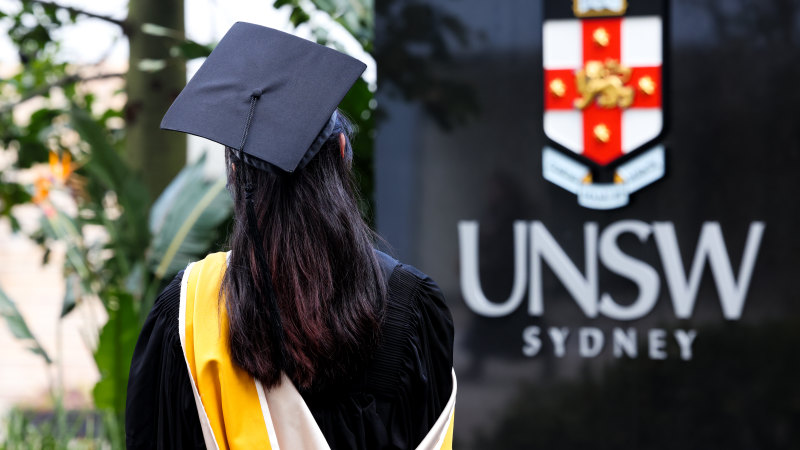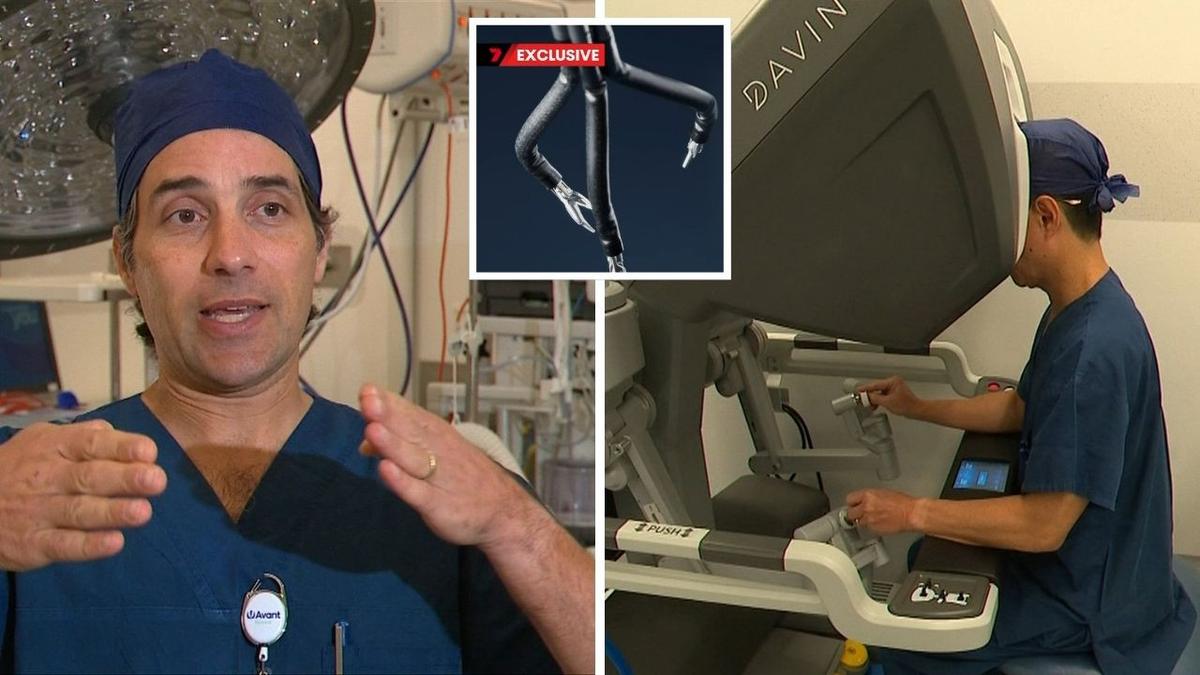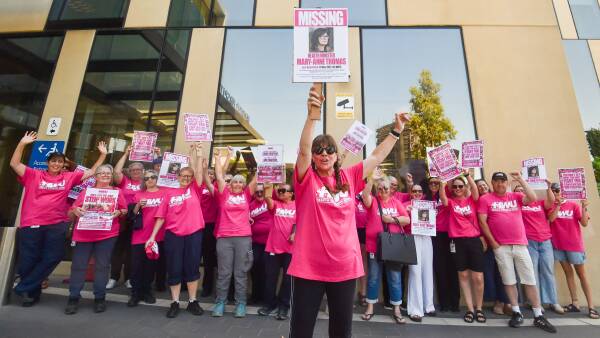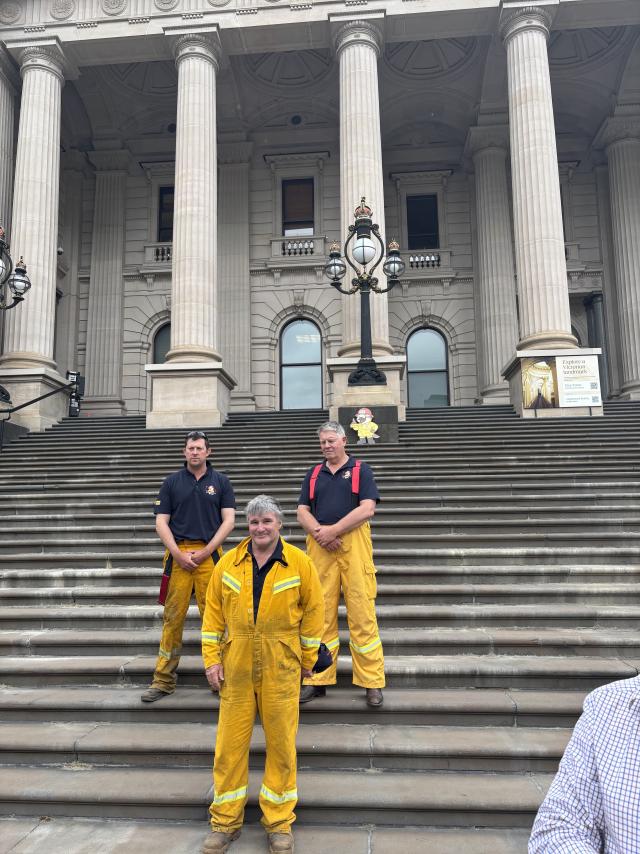
UPDATE: Unprecedented shifts in job interviews are emerging as Lendlease, one of Australia’s premier graduate recruiters, reports a surge in unusual candidate behavior. During a recent application process, candidates were required to film themselves answering questions, revealing that many relied on AI-generated responses or scripts, raising serious questions about authenticity.
This alarming trend isn’t isolated. Canva, a global software giant, has faced similar challenges. “The rise of AI interviewing tools has changed the landscape entirely,” said Simon Newton, Canva’s head of platform. He noted that candidates increasingly use AI assistance to navigate technical interviews, often employing tools designed to evade detection. This transformation complicates the recruitment landscape, making it difficult to assess genuine skills and responses.
The implications are significant for recent graduates who must now navigate a digital recruitment process fraught with AI filters. Compounding concerns, a new study from Stanford University indicates that individuals aged 22 to 25 years in AI-exposed roles have experienced a 13% relative decline in employment, contrasting sharply with more stable outcomes in less affected sectors.
Bachelor of commerce student Lara Veidners expressed her peers’ sentiments, noting that securing graduate employment has become increasingly challenging. “It’s a very rigorous process to go through each and every company,” she said. Yet, she remains optimistic about leveraging AI as a tool for differentiation rather than a hindrance.
Meanwhile, fellow student Xavier Sawaqed highlighted the stark contrast in job application processes from his high school days. “The text boxes in job applications are gone, making it easier for anyone to produce coherent responses using AI,” he stated, reflecting on the evolving expectations in recruitment.
Dean of UNSW Business School, Frederik Anseel, commented on the competitive market, suggesting that it remains unclear whether the challenges stem from AI advancements or broader economic slowdowns. He noted, however, that while AI may displace some roles, it also opens new opportunities.
In the competitive finance sector, reports from the Instagram account Aussie Corporate suggest that graduates are commanding impressive salaries—up to $200,000 for IT roles at Google and $186,000 for investment banking positions at Macquarie. However, these figures remain unverified by the companies involved.
Despite the challenges, Anseel emphasized the value of communication skills, particularly in banking, where employers seek graduates who can articulate their thoughts clearly and engage effectively with others. “This is not something you can learn from home,” he remarked.
Amidst the uncertainty, Julie Cogin, deputy chancellor of Australian Catholic University, highlighted the dual nature of AI’s impact. “While there is job displacement, there has also been significant job creation,” she asserted, pointing to the opportunities AI presents for current students.
Canva’s head of talent acquisition, Lorraine Dooley, confirmed that while the hiring process has evolved, the number of hires remains stable. Candidates are now expected to integrate tools like Copilot and Claude into their problem-solving approaches during interviews.
As the landscape continues to shift, UNSW’s head of employability, Esmond Esguerra, emphasized the importance of teaching foundational communication skills to graduates. “Even simple things like pausing during a conversation or making eye contact matter,” he remarked, underlining the shift away from scripted responses.
The recruitment process is rapidly evolving, and both candidates and employers must adapt. As AI reshapes the job market, the urgent question remains: how will graduates navigate this new frontier? Stay tuned for updates on this developing story, as the future of work hangs in the balance.






